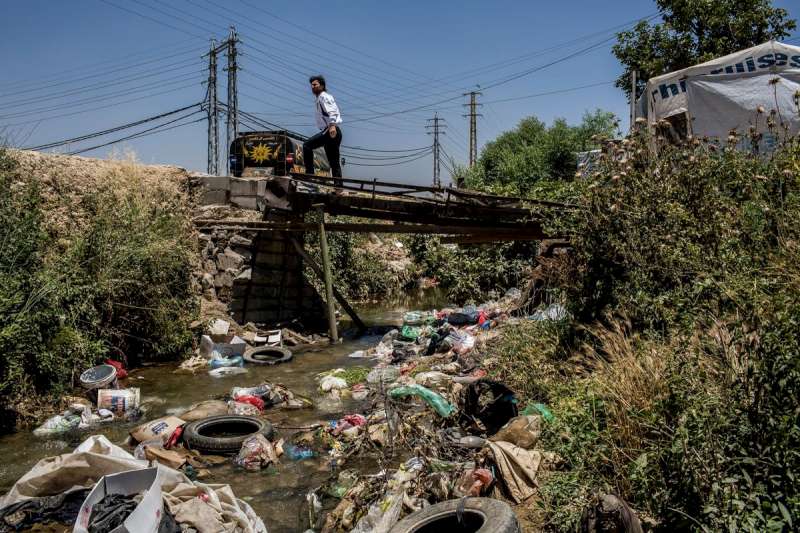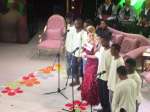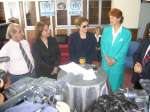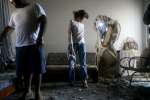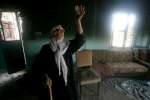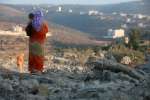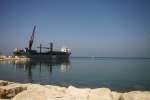Greater support in countries of first asylum needed to stem refugee outflows
News Stories, 26 August 2015
GENEVA, Aug 26 (UNHCR) – To help prevent more people from Syria fleeing into Europe, the UN refugee agency has repeated calls to increase and improve essential support in the countries of first asylum, such as Lebanon, Jordan and Turkey which are now home to more than four million refugees.
However, UNHCR noted that despite the urgent need for funds the Syria situation Regional Refugee and Resilience Plan (3RP) remained under-funded, with just 33 per cent of the target figure currently met.
Beyond the European Union's immediate borders, and in the region surrounding Syria the number of refugees has continued to rise following new registrations in Turkey and now stands at 4,089,023 people. Many of these people, their savings long gone, are now living in abject poverty.
The net increase in numbers has come about even with recent inactivation of around 58,000 people from Lebanon's refugee database.
Across the Syria region, UNHCR conducts regular verification exercises to update information about registered Syrian refugees, review their needs, and inactivate the files of those deemed to be no longer present in the country of asylum, after several attempts have been made to contact them.
Syrian refugees in Lebanon, like elsewhere in the region, are facing increasing hardship. After more than four years of crisis, their savings and resources have long been depleted.
The preliminary findings of a recent UN inter-agency vulnerability study found 70 per cent of Syrian refugee households in Lebanon live below the national poverty line of US$3.84 per person per day – up from 50 per cent in 2014.
The same study found an increase in the number of refugees who do not have enough food and are therefore adopting harmful behaviours to cope, including buying food on credit, withdrawing children from school and begging, which has increased 30 per cent since last year.
"A similar picture is emerging in Jordan, where a recent vulnerability assessment found more than 85 per cent of Syrians were living below the national poverty line of US$ 3.2 per day," a UNHCR spokesperson said.
According to recent figures, the 4,089,023 Syrian refugees in host countries neighbouring Syria includes 1,113,941 in Lebanon, 629,245 in Jordan, 250,408 in Iraq, 132,375 in Egypt, and 1,938,999 in Turkey where registration is carried out by Turkish authorities. In addition, some 24,000 Syrian refugees are registered in other countries in North Africa.




